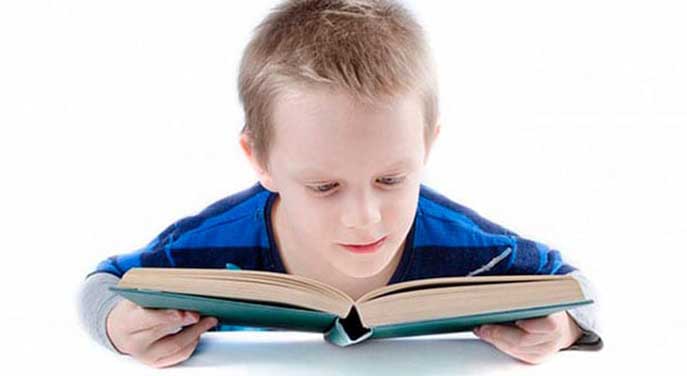 The report card has arrived and the results are exceptional.
The report card has arrived and the results are exceptional.
In a world seemingly shrouded in gloom, such positive news should be celebrated, even as we ponder how to carry on the good work of students and educators.
As 2016 closed, the British Columbia education system was being honoured. That’s good news for the province and the children who will create its future.
In fact, B.C. students are the best in the world in reading and very close to the top in math and science, according to the Programme for International Student Assessment (PISA).
PISA tests 15-year-olds in 70 countries on their abilities in reading, math and science every three years. Canada ranks third in the world in these abilities and is one of only six countries to receive a B rating. Japan and Finland earned A grades. British Columbia, Alberta and Ontario are above the Canadian average, although still in the B range. Only five other countries earned B grades. The United States received a D.
Canadians should be very proud of our students.
And in B.C., we should particularly be congratulating our teachers, whose work has led to these results despite a contract with the province that the teachers’ union claims undermines the education system.
But you may not even have heard about the PISA results, because too many inside and outside the education system seem to be congenitally opposed to tests and their results. They claim that concentrating on anything that can be measured detracts from other important but less measurable components.
And spending time teaching even basic things like reading, math and science, they say, focuses on the past and won’t lead to well-rounded individuals or prepare students for a successful future.
They’re wrong.
It’s not possible that young people who are less literate, less numerate, and less scientifically and technically able will do better in any likely future.
Nor does there need to be a trade-off between basic skills and others in the arts, for example. Finland’s high-ranking education system is efficient and effective enough to allow lots of time for arts, culture and physical activity.
Basic skills attainment of the kind PISA measures correlates positively with many of the good things we want for our children. According to the Conference Board of Canada, increasing skills by one level results in an immediate rise in productivity of 6.2 percent and a long-term increase of 3.1 percent. And increasing productivity raises wages and the standard of living. That’s a race to the top, not the bottom.
The Conference Board of Canada also says improving basic education levels results in more civic engagement, lower crime rates, healthier and longer lives, and more life satisfaction. And those are things that everyone – even those who complain about quantitative testing – are in favour of.
So let’s congratulate ourselves for excellent PISA results and how well our 15-year-olds are doing in school. And let’s praise their teachers, who have accomplished this in spite of less than perfect working conditions.
But let’s not stop there.
When it comes to post-secondary education, Canada’s star doesn’t shine nearly as brightly globally. So we need to convince today’s teenagers to enhance their literacy skills, and improve their knowledge and abilities in math and science at colleges and universities.
The 21st century is technical and technological, from the workplace to the home and everywhere in between. To keep society moving forward, we need people who can develop, operate and maintain those systems – people with exceptional reading, math and science skills.
So hats off to our students and their teachers. But don’t stop now.
Troy Media columnist Roslyn Kunin is a consulting economist and speaker.
The views, opinions and positions expressed by columnists and contributors are the author’s alone. They do not inherently or expressly reflect the views, opinions and/or positions of our publication.


